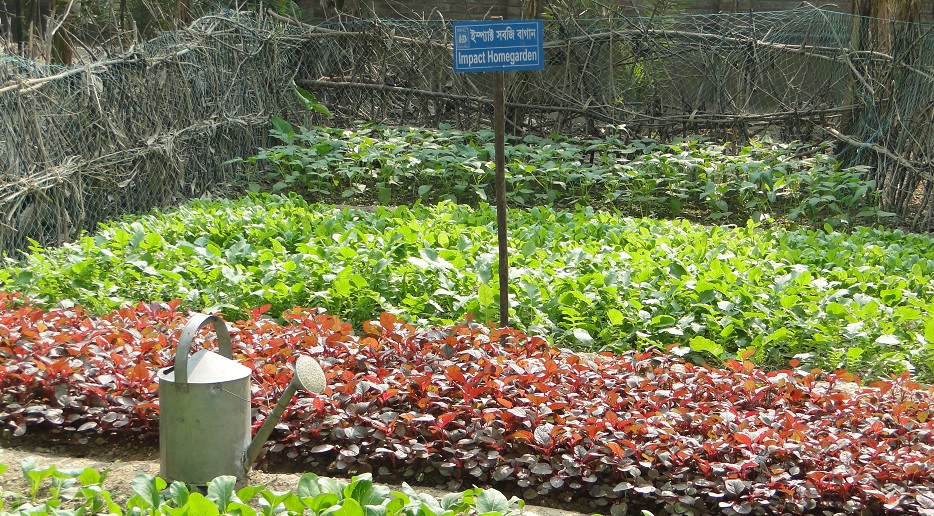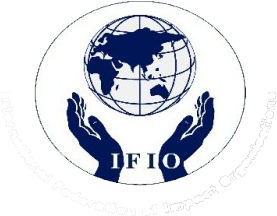Women’s groups and vegetable gardens – empowering village women
Poverty and malnutrition are often closely related, and can show to lack of knowledge, funds and available commodities. Malnutrition increases receptivity for infection and disease. Nutritional illnesses prohibit human’s growth and development, and can lead to mental and physical disabilities. More than 2 billion people lack essential nutrients, and more than a third of child mortality has malnutrition as a main cause.
IMPACT has experienced that the start up and operation of vegetable gardens is an efficient way to strengthen underprivileged village women and their families on a multitude of levels. The vegetable gardens, combined with education and training, ensure that families get an appropriate amount of basic nutrition in their diet, preventing malnutrition, illnesses and potential unnecessary disabilities. This is of high importance to the children and adolescents.
The vegetable gardens allow the women to participate in local value creation. Sales from production surplus serve as an extra income for the family. The women, then, become a financial contributor and person of resource for the family, hence strengthening her position in the family and the community. Research shows how children growing up in such environments tend to experience the women as valuable people of resources in the community. From a long term perspective, this creates vital changes of behaviour and belief within the community.
The women participate in group lectures and are taught of each vegetable’s nutritional content (vitamins, minerals and level of micronutrients) and how the body exploits this. They are also shown how vegetables can be used to prepare tasty and healthy food. Group lectures offer the women a social network and supportive and safe arena where they can join with other women.
With support from the norwegian “Kavlifondet” we helped establish 875 new vegetable gardens throughout 2015 and 2016 in the Meherpur district.





